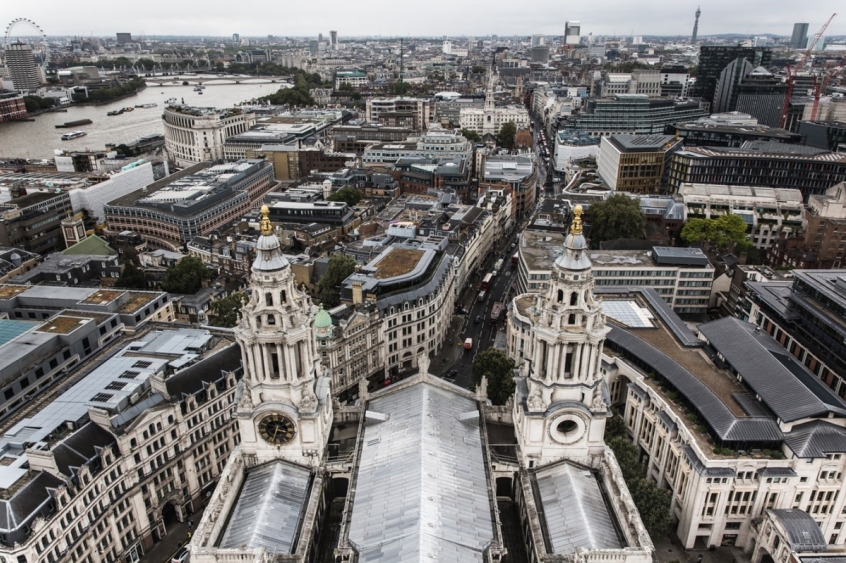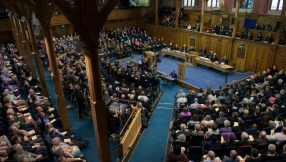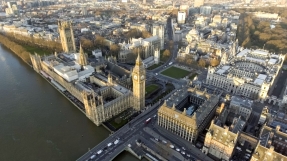
The Bishop of Huddersfield, Jonathan Gibbs, the Church of England's lead safeguarding bishop, and Melissa Caslake, the Church's national director of safeguarding, comment on the findings of the Independent Inquiry into Child Sexual Abuse (IICSA).
The Independent Inquiry into Child Sexual Abuse, IICSA, has today published its overarching investigation report into the Anglican Church in England and Wales, based on the main public hearing in July 2019. It focuses on common themes and issues identified in all three hearings, which included the case studies into Bishop Peter Ball and the Diocese of Chichester, both held in 2018 (see notes).
The 154 page report makes eight principal recommendations about a range of issues including the Church's response to victims and survivors, which is an absolute priority.
The report makes shocking reading and while apologies will never take away the effects of abuse on victims and survivors, we today want to express our shame about the events that have made those apologies necessary. The whole Church must learn lessons from this inquiry.
Our main focus in response must be recognising the distress caused to victims and survivors by the Church's failures in safeguarding. We wholeheartedly endorse the importance of the report's recommendations for improving our support for victims and survivors, to which we are completely committed.
We note the recommendation regarding the structure of safeguarding and the Church is committed to looking at how best to implement greater independent oversight. There are also important recommendations regarding revision of the Clergy Discipline Measure, information sharing between
Churches and statutory partners, and external auditing of the Church's safeguarding work.
As we said in our final submission to IICSA, despite the important steps that it has taken, the Church still has much more work to do to get safeguarding right.
While there has been some improvement in recent years, we wholeheartedly regret that in some areas, most importantly support for victims and survivors, progress has been too slow.
The motion unanimously passed at the February sessions of the General Synod shows our commitment to a more fully victim and survivor centred approach including arrangements for redress, which are already underway.
We thank the inquiry for its in-depth work over the past five years and we note that there will be further proposals on the important areas of mandatory reporting and the Seal of the Confessional.
We will now study the recommendations published today, with a full response to be released in the coming weeks.
We acknowledge how difficult reading this report may be, particularly for victims, survivors and those close to them.
If you or anyone you are in contact with are affected by the publication of this report and want to talk to someone independently please call the Safe Spaces helpline on 0300 303 1056 or email: safespaces@victimsupport.org.uk. There are also other support services available.
Alternatively you may contact the diocesan safeguarding team in your area.













